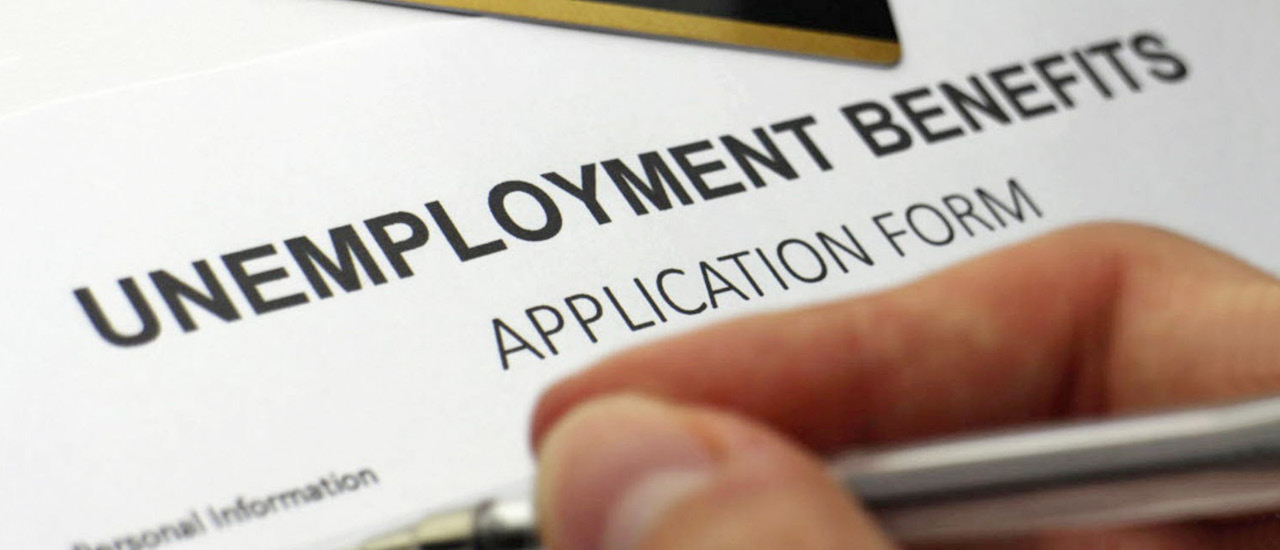Unemployment Benefits Expansion Order Creates Widespread Concern

A decision to allow individual workplace safety fears as a factor for determining unemployment claims is causing widespread concern among Connecticut employers.
Gov. Ned Lamont signed an executive order June 1 giving the state’s labor commissioner the discretion to allow employees recalled to their jobs to continue to receive unemployment benefits if returning to work poses a risk to the worker or their household.
The executive order applies to claims for benefits submitted between May 17 and July 25.
“In determining whether or not work offered is suitable for an individual, the administrator shall consider the degree of risk to the individual’s health or, due to the COVID-19 public health emergency, the health of a member of that individual’s household,” the order reads.
“In determining the degree of risk, the administrator may consider the individual’s or household member’s health, his or her physical capabilities, the physical and mental requirements of the job, working conditions and the existence of any medical documentation concerning the individual’s limitations.
“Where an unreasonable risk to the individual’s health or, due to COVID-19, the health of a member of that individual’s household is established, the administrator shall find the work to be unsuitable for the individual.”
Medical Documentation
A representative of the governor’s office later clarified that claimants invoking the executive order should be prepared to produce medical evidence supporting their own or family member’s high risk of severe illness from COVID-19 due to specific underlying conditions as outlined by the U.S. Centers for Disease Control and Prevention.
The representative also noted there would be penalties for individuals making false claims and employers will have the opportunity to protest the award of benefits.
Claimants invoking the executive order should be prepared to produce supporting medical evidence.
Despite that guidance, the business community remains concerned by the executive order.
With record unemployment claims mounting amid efforts to reopen the state’s economy, employers fear the governor’s order further hampers the difficult recovery from coronavirus shutdown orders.
In addition, the decision will likely put further financial strain on the state’s nearly insolvent unemployment trust fund—which is funded exclusively by Connecticut businesses.
Safety Net
Unemployment compensation is an important safety net for individuals who become unemployed through no fault of their own. To collect unemployment benefits, they must demonstrate they are not only available to work, but actively looking for a job.
In normal circumstances, if the labor department is aware that a claimant rejected an offer of suitable employment, that claimant is deemed ineligible for unemployment benefits.
Employers are already experiencing difficulties getting employees to return to work.
Many have found that workers are declining offers to return because of the additional $600 federal weekly unemployment payments, choosing to remain unemployed until benefits are exhausted.
An employer’s only recourse is to report those employees to the state department of labor.
Reopening Efforts
The executive order further frustrates reopening efforts by allowing claimants to continue to collect benefits despite offers to return to work.
Individuals can claim that their health, or even a family member’s health, creates a situation where they cannot return to work.
This undermines the unemployment system—if an employee’s family member’s health prevents a return to work, then they are not in fact available for work and therefore ineligible for unemployment benefits.
If a worker is medically unable to return to work, they are eligible for federal paid leave benefits.
Businesses have gone above and beyond to meet state guidelines for reopening, including cleaning and disinfecting workplaces, providing personal protective equipment, and installing separation guards and other safety measures.
If a worker is still medically unable to return to their work despite those precautions, they are eligible for paid leave under the federal Families First Coronavirus Response Act and should not collect unemployment.
Trust Fund Solvency
The executive order also puts the labor commissioner in the unique position of making health related decisions on behalf of individuals or their family members, decisions the commissioner is likely not qualified to make.
In addition, the order drives the unemployment trust fund further into insolvency.
To ensure the more than 530,000 pandemic-related claims are paid, the unemployment trust fund requires significant federal loans.
To ensure the more than 530,000 pandemic-related claims are paid, the fund requires significant federal loans—with struggling Connecticut businesses on the hook for repaying every borrowed dollar, plus interest.
The governor has broad executive authority to protect public health and safety during the pandemic, but that should not extend to using an exclusively employer funded safety net to provide benefits for those who are otherwise ineligible.
For more information, contact CBIA’s Eric Gjede 860.244.1931 | @egjede
RELATED
EXPLORE BY CATEGORY
Stay Connected with CBIA News Digests
The latest news and information delivered directly to your inbox.


